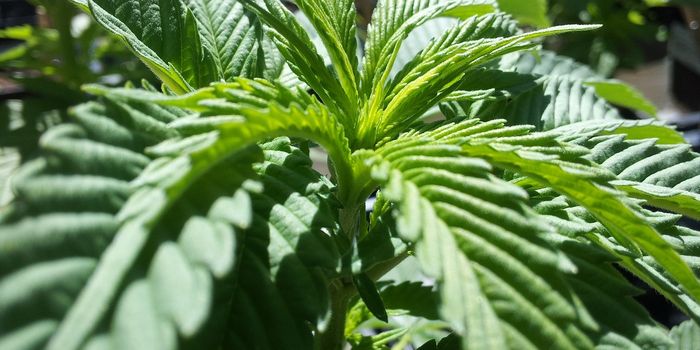Long-Term Marijuana Use Rewires Brain's Reward Circuits
As marijuana proves itself effective in treating a multitude of diseases, researchers are looking for problems associated with long-term marijuana use. 
“Marijuana disrupts the natural reward circuitry of the brain, making marijuana highly salient to those who use it heavily,” said Francesca Filbey, lead author and director of Cognitive Neuroscience Research in Addictive Disorders at the Center for BrainHealth. "In essence, these brain alterations could be a marker of transition from recreational marijuana use to problematic use."
In order to find the effects of marijuana on the mesocorticolimbic reward system, the researchers recruited 59 adult marijuana users and 70 adult non-users. The average marijuana user had used the drug for 12 years. The researchers exposed the participants to various visual marijuana cues, such as bongs, blunts, and pipes, and self-selected images of preferred fruit, such as bananas, oranges, and grapes. After looking at the images, the participants rated their urge to use marijuana.
When presented with cannabis-related cues, the marijuana users had an enhanced response in the brain regions associated with reward.
"We found that this disruption of the reward system correlates with the number of problems, such as family issues, individuals have because of their marijuana use," Filbey said. "Continued marijuana use despite these problems is an indicator of marijuana dependence."
The paper was published in the journal Human Brain Mapping and funded by the National Institute on Drug Abuse.
Sources: Human Brain Mapping, University of Texas Dallas press release via Science Daily
-
MAY 07, 2024Is It Anti-RNP or Anti-Sm/RNP?
- See More
-
APR 30, 2024Immuno-Oncology Virtual Event Series 2024
-
MAY 07, 20243rd International Biosecurity Virtual Symposium
-
JUN 06, 2024The Future of Scientific Conferencing
- See More

















































